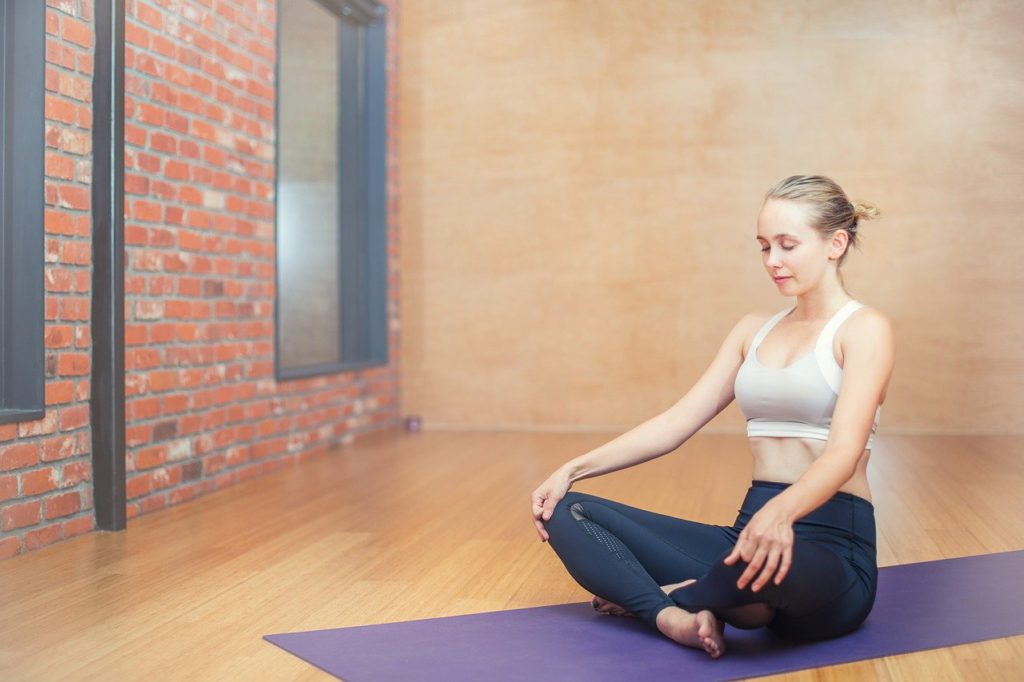Mental health should never be ignored. These days, it has become even more important to find different ways to support your mental and emotional wellbeing as the fear of the Covid-19 virus continues to spread. Whilst the understanding of mental health in today’s society is improving, there is still a lot of work to be done to help people understand that mental health is just as important as physical health.
Always remember that stress can take a toll on your mental and emotional health, so it’s essential to keep it under control. Look out for some common signs such as changes in your sleeping habits, withdrawing from social activities, feeling irritated and stressed out most of the time, in turn making it hard for you to concentrate on daily tasks and have a balanced diet. And if these symptoms persist for more than a few weeks and interfere with your daily life, it’s time to seek professional help. Below are some tips to help maintain your mental health.
Focus on your sleeping pattern
When we get enough sleep, we find it easier to manage stress, deal with problems, concentrate, think positively and remember things. Try to build a solid foundation for your mental health and wellbeing by prioritising your sleep and practising good sleep hygiene (for example, avoid blue light before bed and stick to a healthy sleep schedule). Eat right (keep in mind that you may lean towards alcohol or other pleasures to cope with stress – understandable but potentially harmful in the long run).
Exercise Regularly
Regular exercise can improve mood, increase concentration, and even help relieve symptoms of anxiety and depression. Exercising or any physical activity such as yoga can significantly impact your mental and emotional health, reducing stress, improving memory and sleep.

You can also put in particular elements that help you stay motivated. For example, you can look for eco-friendly products, i.e., natural yoga mats and much more to make your new routine more meaningful.
Spend time with your family and friends
Make it one of your top priorities to spend quality time with your family and friends. Go out for a lunch with them, or just do a video call to feel connected with them and avoid loneliness.
Try joining some social groups or going to your extra-curricular classes with some cool items such as sustainable yoga mats, a nice jewellery piece or a perfume to start a conversation.
Keep a journal
Maintaining a journal can help you to understand yourself better. Allow yourself to experience different emotions, spend some time understanding what triggers your moods and then make journal entries. This will help you to face your fears and allow you to grow as a person.
Having a gratitude section in your diary would also help you stay positive and share the results with your counsellor to move to the next stage.
Adopt a pet
According to a study, spending time with animals reduces the stress hormone cortisol levels and increases oxytocin levels, which stimulates feelings of happiness. Your fur babies will keep you occupied, help you socialise and make your special moments even more memorable.
All in all, having good social support can help protect you from the ravages of stress. Even the most introverted of us need a certain sense of connection with others for our mental and physical health. Phone calls and social media have their place, but few things compare to the stress relief and mood-boosting power of quality face-to-face communication with other people.













